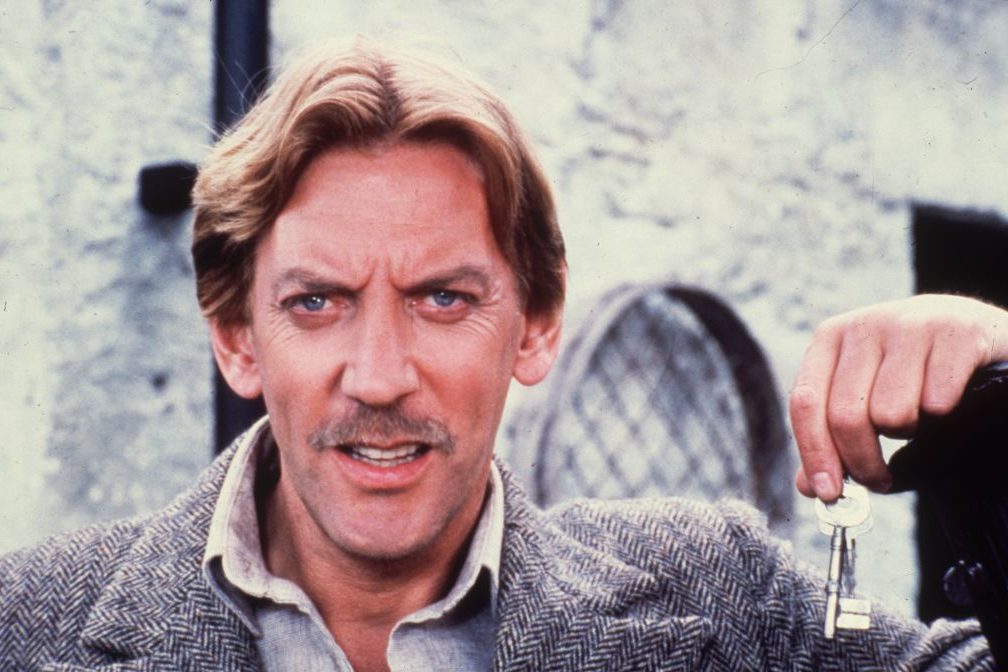You’d assume the reaction to Scotland’s new hate crime laws would make other authoritarian governments hesitate before introducing similar legislation. Humza Yousaf has become a laughing stock and his approval ratings have fallen by fifteen points. But apparently not. The new Irish Taoiseach, Simon Harris, is determined to railroad through the Criminal Justice (Incitement to Violence or Hatred and Hate Offenses) Bill, Donald Tusk’s government in Poland wants to introduce a new law that would make it a criminal offense to “defame” a member of the LGBT community and Justin Trudeau is pressing ahead with an Online Harms Bill that makes our Britain’s Online Safety Act seem like the First Amendment. It’s as if all these “liberal” leaders are saying: “You think Humza Yousaf is the West’s foremost opponent of free speech? Hold my beer.”
Trudeau’s proposal is, by some distance, the worst. It’s so dystopian, even George Orwell and Philip K. Dick failed to anticipate it. Discrimination is already banned under the Canadian Human Rights Act, but the new law will expand the definition of “discrimination” to include online speech “likely to foment detestation or vilification of an individual or group.” To those worrywarts who are anxious about the risk that this new law might be weaponized by woke activists, the government has said that “detestation” and “vilification” are not the same as “disdain” or “dislike,” which will still be permitted (thank you, Mr. Trudeau), or speech that “discredits, humiliates, hurts or offends.”
In Trudeau’s Canada the authorities will be able to place people under house arrest for ‘hateful’ things they haven’t said
Which raises the question: who gets to decide what speech falls foul of this new standard? And what qualifies them to make these Solomon-like judgments, parsing the difference between “dislike” (acceptable) and “detest” (verboten)? That job will fall to a new national agency called the Digital Safety Commission, comprised of five commissioners and an army of bureaucratic busybodies, which will have the same powers as a federal court, save for the fact that it won’t be bound by “any technical or legal rules of evidence.” (Points to Kafka for anticipating that.)
Under the bill, anyone can accuse you of the “communication of hate speech” and if the Canadian human rights tribunal finds you guilty it can order you to pay up to $20,000 to “any victim” and $50,000 to the state (on pain of imprisonment). No limit on how many times a malefactor can be ordered to pay these fines, obviously, so bankruptcy looms for Jordan Peterson. And it isn’t just stuff you’ve posted after the new law comes into force you can get into trouble for — oh, no — but anything you’ve posted, ever, dating back to the dawn of the internet. In other words, it’s a gold-embossed invitation to offense archaeologists to do their worst, with the prospect of a $20,000 reward if they hit paydirt. The only way to protect yourself is to go through all your social media accounts and painstakingly delete anything remotely controversial you’ve ever said.
Although, that won’t protect you from another clause in the bill — and this is where it trips over into as yet unimagined dystopian territory. If the courts believe you are likely to commit a “hate crime” or disseminate “hate propaganda” (not defined), you can be placed under house arrest and your ability to communicate with others restricted. That is, a court can force you to wear an ankle bracelet, prevent you using any of your communication devices and then instruct you not to leave the house. If the court believes there’s a risk you may get drunk or high and start tweeting under the influence — although how is unclear, given you can’t use your phone or a PC — it can order you to submit regular urine samples to the authorities. Anyone who refuses to comply with these diktats can be sent to prison.
Pretty extraordinary, no? Margaret Atwood, who’s no slouch when it comes to dystopian satire, describes the bill as “Orwellian,” but even the Thought Police in Oceania didn’t punish people for things they might say rather than things they’d said. This is more reminiscent of Philip K. Dick’s Minority Report, except in that novel the police only arrest people they think are about to commit serious crimes like murder and only after a suspect has been identified by a “precog” who can literally see the future. In Trudeau’s Canada, by contrast, the authorities will shortly be able to place people under house arrest for “hateful” things they haven’t yet said on the say-so of a police “intelligence” officer. If that’s the future, God help us.
I think the time has come to set up a Canadian Free Speech Union. If you’d like to help, email me on tobyyoung@freespeechunion.org. This article was originally published in The Spectator’s UK magazine. Subscribe to the World edition here.


























Leave a Reply